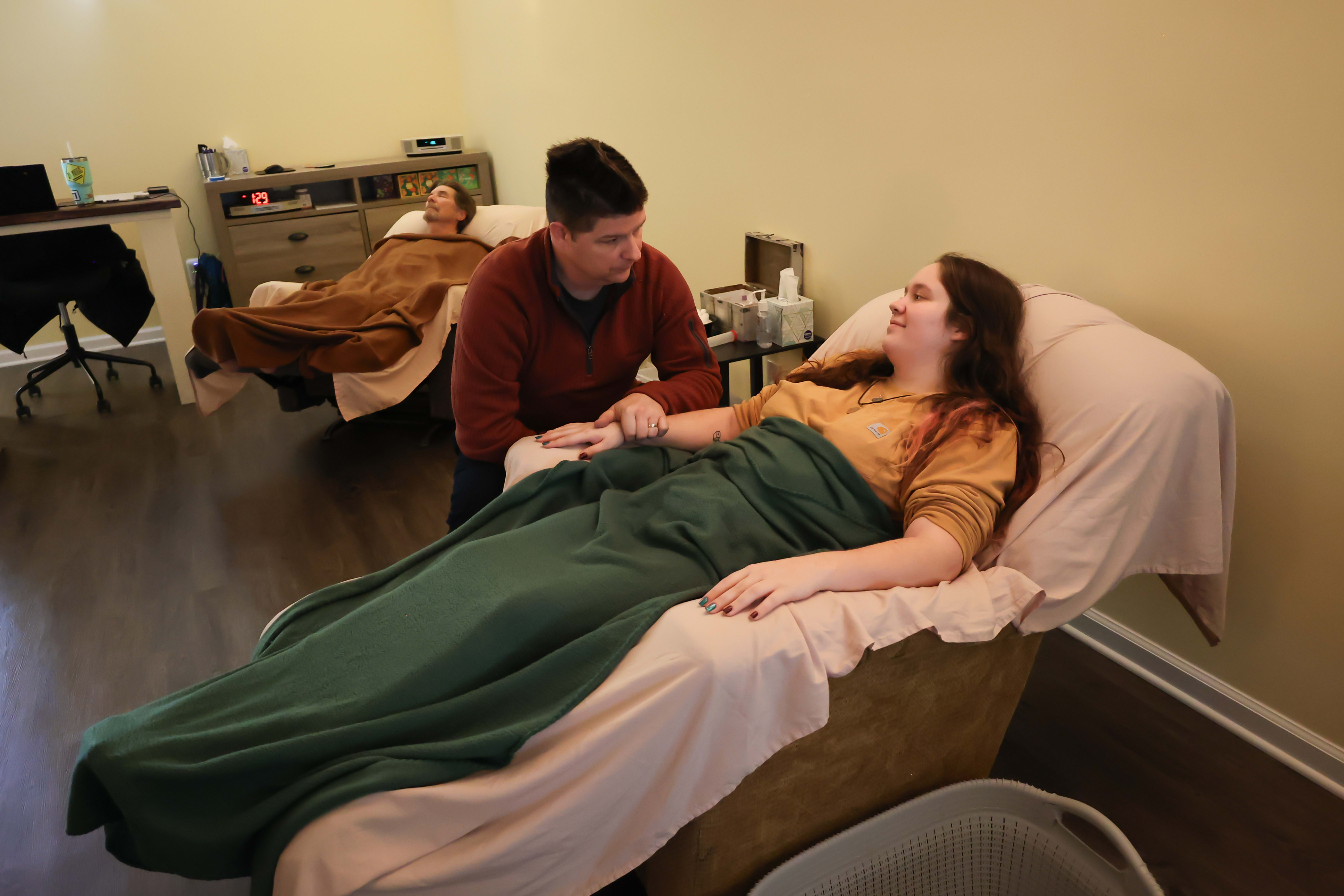Is Acupuncture Just a Placebo?
October 15 2023

This is one of the most common questions we hear from new patients — and it’s a great one. Placebos are powerful, and understanding how they work can help us appreciate what makes acupuncture truly unique.
The short answer: No, acupuncture is not “just” a placebo. But the long answer is much more interesting.
What Is a Placebo?
The word placebo means “I shall please” in Latin. In medicine, a placebo is any treatment or substance that is designed to have no therapeutic effect. Placebos are often used in clinical studies to measure how well real treatments work.
What’s fascinating is that placebos often work. In most studies, some participants in the placebo group experience real improvement, even though they didn’t receive the “active” treatment.
This has even been demonstrated in major medical research, including studies where participants underwent sham surgeries or knowingly took sugar pills — and still got better. That’s how powerful the mind-body connection can be.
How Do Placebos Work?
Researchers have proposed a few theories about how placebos create real effects in the body:
Behavior change: Taking a placebo may inspire people to make healthier choices, like eating well or resting more, which supports healing.
Reduced anxiety: Expecting to feel better can lower stress and trigger the release of endorphins — your body’s natural pain relievers.
Remembered wellness: The brain may “remember” a state of health from before the illness and help guide the body back toward balance.
These mechanisms show that the placebo effect is real — and often beneficial. But acupuncture goes far beyond this.
Why Acupuncture Is More Than a Placebo
While the placebo effect is powerful, acupuncture has measurable, physiological effects that can’t be explained by belief alone. Here’s why:
1. It works on patients who don’t “believe” in it.
Acupuncture is widely used in veterinary medicine — animals can’t anticipate or expect results. Pregnant patients often notice increased fetal movement during treatment, and skeptics report improvements too. The body responds, whether or not the mind is convinced.
2. Sham acupuncture and real acupuncture are not the same.
Studies show that while sham acupuncture can create some short-term improvement (likely through placebo), true acupuncture produces deeper, longer-lasting physiological changes.
A 2017 Harvard Medical School study on carpal tunnel syndrome found that only the real acupuncture group maintained reduced pain after three months.
A 2009 University of Michigan study using brain scans found that real acupuncture increased the availability of opioid receptors, while sham acupuncture did not. This means acupuncture can directly affect how the brain processes pain.
3. It addresses root causes, not just symptoms.
Placebos rely on the mind’s expectation of healing. Acupuncture, on the other hand, stimulates the body’s own regulatory systems — improving circulation, calming the nervous system, and helping restore balance.
In Conclusion
By definition, a placebo is something that intentionally has no therapeutic value. Acupuncture is the opposite: it’s a targeted, evidence-informed therapy designed to support your body’s natural ability to heal.
Placebos can help — and that’s something to celebrate. But acupuncture is more than that. It works in both seen and unseen ways, engaging the nervous system, hormonal system, and energy pathways to create lasting change.
✨ Curious to learn more? Check out Episode 20 of the Notes from Your Acupuncturist podcast for a deeper dive into acupuncture and the placebo effect.
✨ Ready to experience the real benefits of acupuncture for yourself? Schedule an appointment online or call us:
East Nashville: 615-457-1979
Bellevue: 615-645-9866
Schedule an Appointment Today!
We specialize in holistic, time-proven, effective treatments to address today’s health concerns. Everything we offer is personalized, gentle, and rooted in our commitment to making you feel better—at a price you can afford.